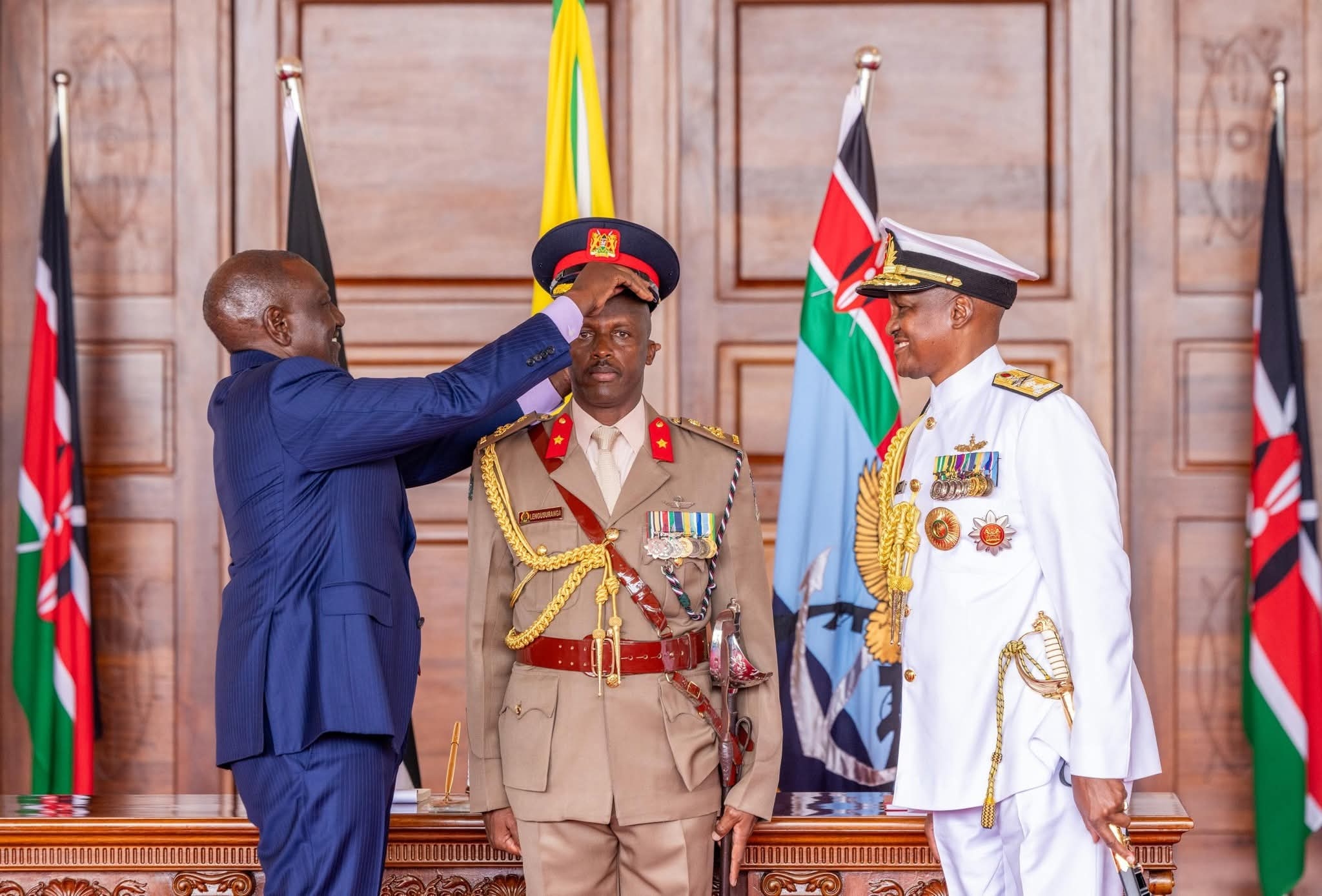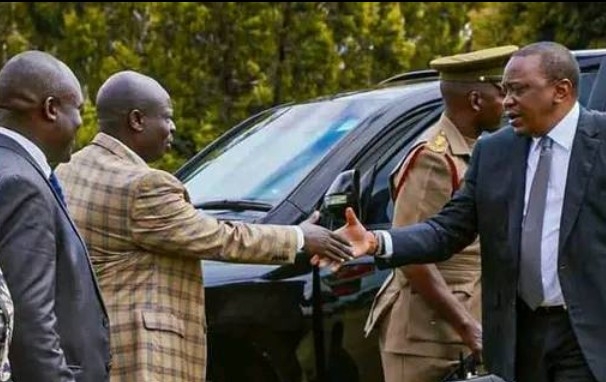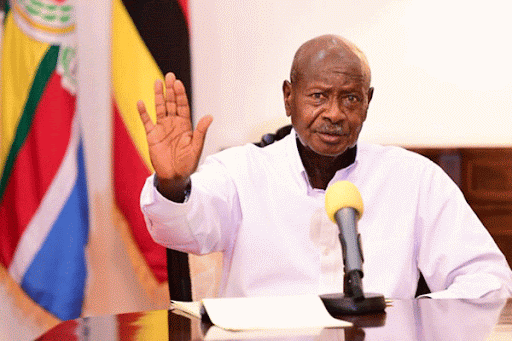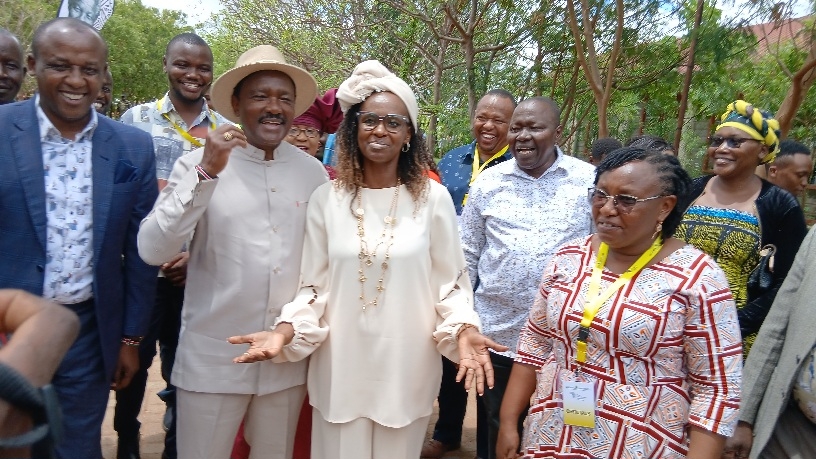
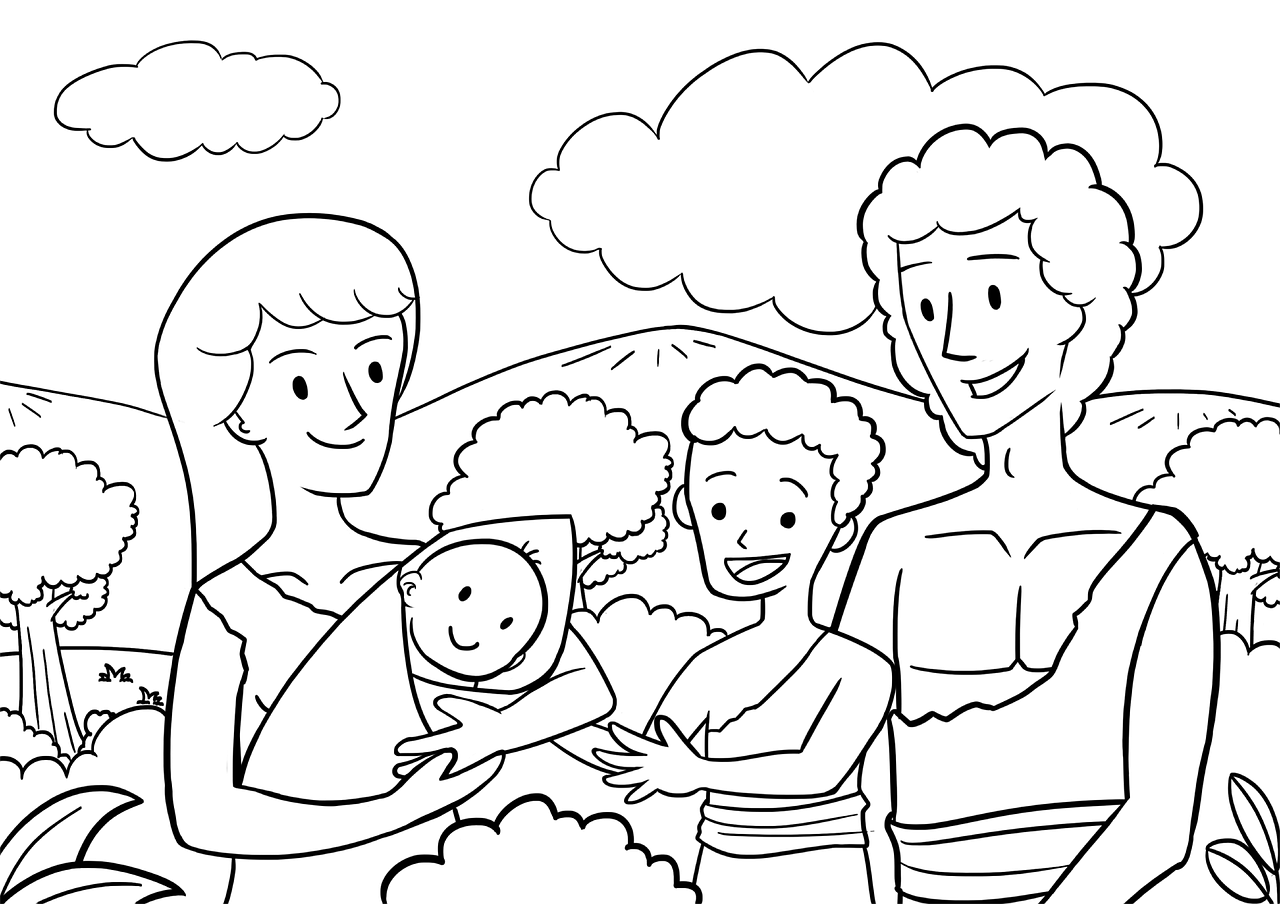
There is a woman who posted a video saying she had just gotten a harsh wake-up call from her son’s teacher. The teacher had called in both the parents and told them that their son could not read.
Of course the parents were defensive. They argued that their son is a genius prodigy who could read before the age of two.
As the father got defensive, the mother decided to hear the teacher out. The teacher calmly explained that, while their child could read words on the page, he could not relay the information he just read. The kid would be asked to tell the teacher about what he had just read, and he would not be able to do that without adding his own imaginative spins to the story.
Even though my son is still quite young, I realised that we were already in a place where our communication needed to evolve from that baby/toddler phase. I mean, it’s just so much easier talking to a baby when all you have to do is go “goo goo ga ga” and talk to them in a Miss Rachel voice, saying things like, “Good job!” “Can you say mama?” Those were the easier times.
Even though my son should be talking a lot more than he does, I give him credit in that he understands almost everything. However, he is just not interested in carrying out conversations that are of little interest to him. He can go on for hours when he talks about his planes and cars, even going as far as making up creative scenarios. But he would ignore me if I asked him about his day.
When I saw that video, I realised I, too, have to be more involved in my child’s evolution with his communication and cognitive processes, instead of letting nature take its course. As such, I have set aside a time in the evening where we read and I go through the book by asking questions that would help him understand the text in more than one way.
I engage with him for those few minutes with minimal interruption, and set the intention that even if he were to divert from the topic at hand, I would still broach the new topic with the same objective. I try to formulate conversations with elements of creativity, analysis and recollection. Of course he doesn’t know that, but I am hoping that over time as I repeat this process, I am helping to nurture his communication and cognitive skills.



